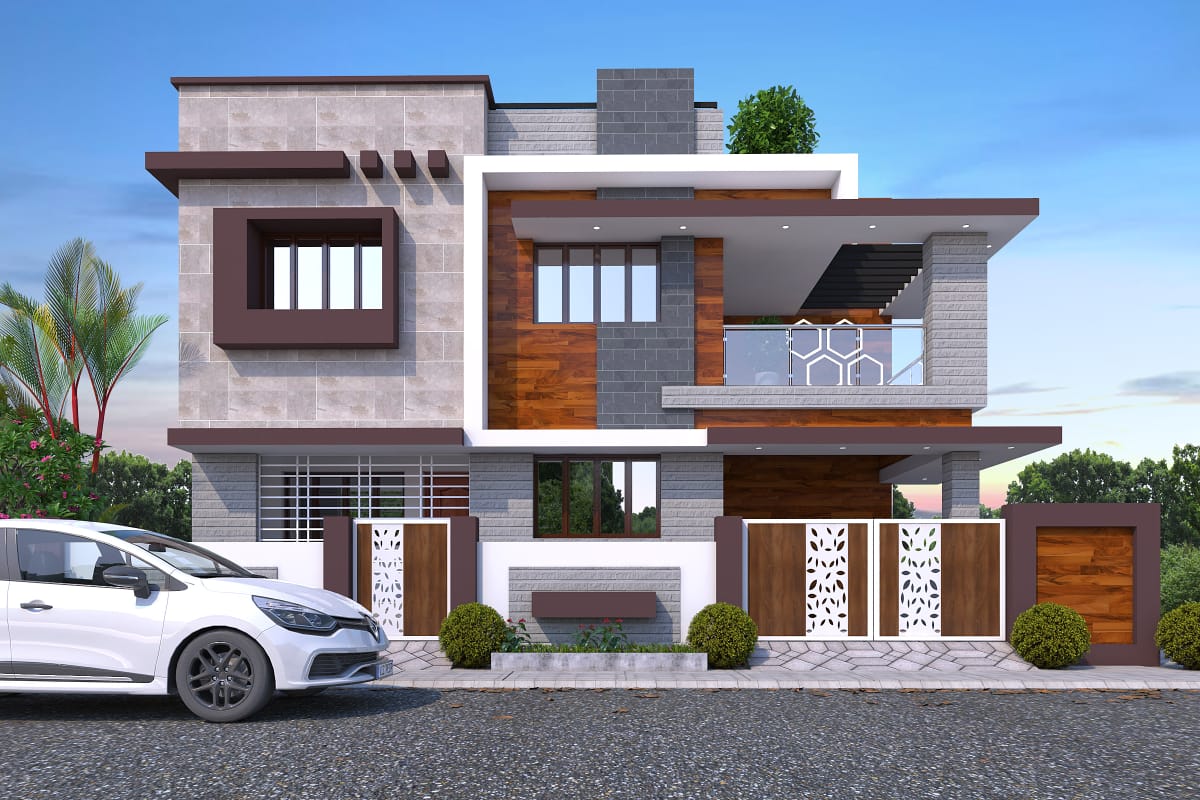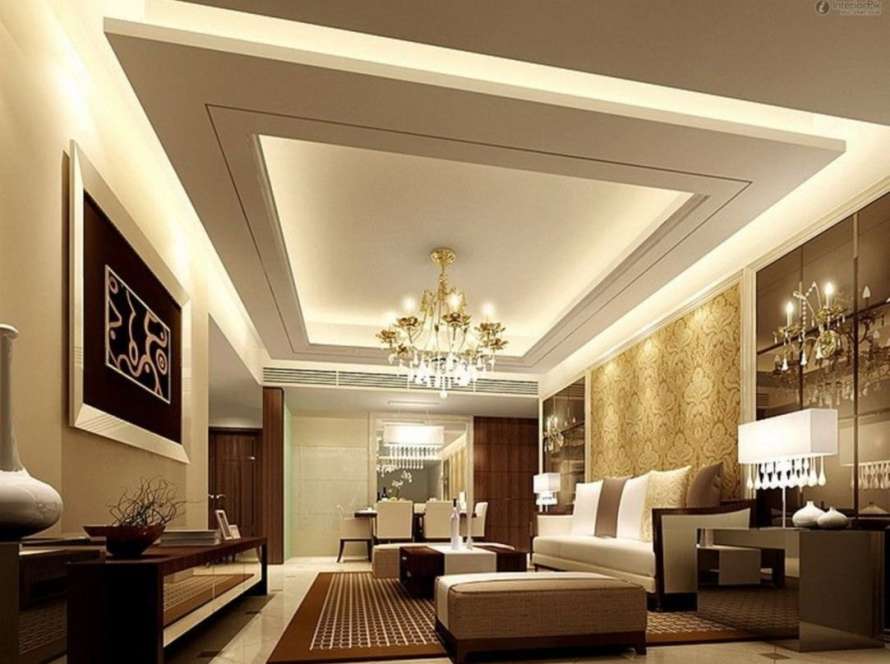Understanding the different types of foundations in construction is crucial for ensuring the stability and longevity of any structure. Foundations are the bedrock of building construction, literally and figuratively, as they support and distribute the load of the structure to the ground. This guide will explore the various types of foundations in construction, helping you make informed decisions for your construction projects.
1. What Are Foundations in Construction?
In construction, a foundation is the lowest part of a building that transfers the loads from the structure to the underlying soil or rock. Foundations are essential because they ensure the stability and safety of a structure by providing a stable base. They are broadly categorized into two types: shallow foundations and deep foundations.
2. Types of Foundations in Construction
Shallow Foundations
Shallow foundations are typically used for lighter structures and are placed closer to the ground surface. They are ideal for buildings where the soil near the surface has sufficient load-bearing capacity. Here are the main types
Isolated Spread Footings
Isolated spread footings are individual footings designed to support single columns.
Applications Ideal for ordinary buildings up to five stories high.
Advantages Cost-effective and easy to construct.
Wall Footings (Strip Footings)
These are long, continuous footings that support load-bearing walls. They distribute the load along a strip rather than individual columns.
Applications Used for buildings with narrow column spacing or long walls.
Advantages Efficient for distributing loads over long, continuous areas.
Combined Footings
Combined footings support two or more columns that are close together, providing a continuous footing to spread the load.
Applications Effective where columns are closely spaced, reducing differential settlement.
Advantages Reduces the risk of uneven settlement between columns.
Cantilever Footings
Cantilever footings are used when a part of the building is adjacent to another structure. They provide support while avoiding interference from nearby elements.
Applications Useful for buildings with adjoining structures or varying load conditions.
Advantages Allows for support without affecting adjacent structures.
Deep Foundations
Deep foundations are employed when the surface soil is not strong enough to support the load. These foundations extend deeper into the ground to reach more stable soil or rock layers.
Pile Foundations
Pile foundations consist of long, slender columns driven deep into the ground to transfer loads to stronger soil or rock layers.
Applications Suitable for very heavy structures or poor surface soil conditions.
Advantages Effective for transferring loads to deep, stable soil layers.
Pier Foundations
Pier foundations are similar to piles but are typically larger in diameter and used for shallower depths.
Applications Used in scenarios where soil conditions require support beyond the surface layer but not as deep as piles.
Advantages Suitable for transferring loads to deeper, more stable layers.
3. What Is the Foundation in RCC?
In the context of construction, RCC (Reinforced Cement Concrete) foundations combine concrete with steel reinforcement to enhance their strength and durability. RCC foundations are widely used due to their ability to support significant loads and withstand various environmental conditions.
RCC Footings
These include isolated footings, combined footings, and raft foundations made with RCC for added strength.
RCC Piles and Caissons
Used in deep foundations to provide enhanced load-bearing capacity and stability.
4. Most Common Types of Building Foundations
The most common types of building foundations are
Isolated Spread Footings
Frequently used for smaller buildings and residential structures.
Raft Foundations
Common in high-rise buildings and areas with weak soil.
Pile Foundations
Used in large commercial and industrial projects.
5. FAQs
What are the different types of foundations used in construction?
The main types of foundations are shallow foundations (isolated spread footings, wall footings, combined footings, cantilever footings, raft foundations) and deep foundations (pile foundations, pier foundations, caisson foundations).
The most common type of building foundation
The most common type of building foundation is the isolated spread footing, particularly for residential and low-rise buildings. Raft foundations are also common for larger structures or poor soil conditions.
What is foundation in RCC?
Foundation in RCC (Reinforced Cement Concrete) refers to foundations made with concrete and steel reinforcement to provide additional strength and durability.
How many types of foundation are there?
There are two primary categories of foundations: shallow foundations and deep foundations. Each category includes various types, such as isolated spread footings, raft foundations, pile foundations, etc.
How do I choose the right type of foundation for my project?
The choice of foundation depends on factors such as soil conditions, the load of the structure, and environmental conditions. Consulting with a structural engineer or Builders in Ambattur, Chennai can provide expert guidance tailored to your specific project needs.
By understanding the various types of foundations and their applications, you can make informed decisions that ensure the stability and success of your construction projects. For more insights and professional advice, explore Impact Homes – The Best Building Contractors in Chennai and connect with experts in the field.
If you want to make your space more elegant contact the Best interior designers in Chennai for more details call @+91 97899 23682 / 04435529500



